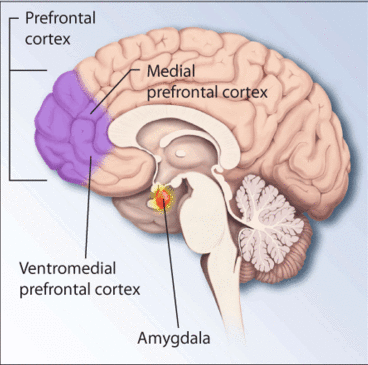
A review of recent clinical trials paints a sobering picture of the usefulness of first-line psychotherapies in treating active duty military personnel and veterans with Post-Traumatic Stress Disorder (PTSD).
Led by researchers at NYU Grossman School of Medicine and recently published in the Journal of the American Medical Association (JAMA) Insights, the article summarizes findings of recently conducted clinical trials of two well-established, first-line cognitive-behavioral psychotherapies—Prolonged Exposure Therapy (PE) and Cognitive Processing Therapy (CPT)—to treat PTSD.
The researchers conclude that clinical trials of these treatment modalities show limited effectiveness for treating PTSD in active duty military personnel and veterans.
The review also reports that for military service related PTSD, more emotionally demanding therapies like PE and CPT, which repeatedly activate and process memories of traumatic experiences, were not more beneficial than interventions which do not require patients to focus on their traumatic events, including present-centered therapy (a supportive, problem-solving treatment), transcendental meditation and biological treatments such as anti-depressants.
“Cognitive behavioral therapy’s limited value for treating military service related PTSD suggests the need to go beyond the one-size-fits-all approaches rolled out in most VA and DoD healthcare settings and personalize treatment, accounting for pre-service vulnerabilities and complex, repeated exposures to warzone stressors,” says senior author Charles R. Marmar, MD, the Lucius Littauer Professor and Chair of Psychiatry at NYU Grossman School of Medicine.
Lead author Maria M. Steenkamp, Ph.D., clinical assistant professor of Psychiatry at NYU Grossman School of Medicine, also points out that more attention should focus on managing non-response to treatment. “Research in this field needs to shift from confirmatory trials to studies that explore more flexible, multifaceted and long-term treatments, including biological therapies,” she says.
This retrospective review comes just months following the publication of a seminal study—led by researchers at Stanford University and published in April 2019 in Science Translational Medicine—of civilians with PTSD and why a sub-group did not respond to prolonged exposure therapy. The Stanford study, using functional brain imaging, found that civilian PTSD patients with altered neural circuit activity in the ventral attention network (VAN) in the brain had poor outcomes to prolonged exposure therapy. Whether this pattern of brain circuit abnormality is over-represented in those suffering from military service related PTSD remains to be studied.
Source: Read Full Article
